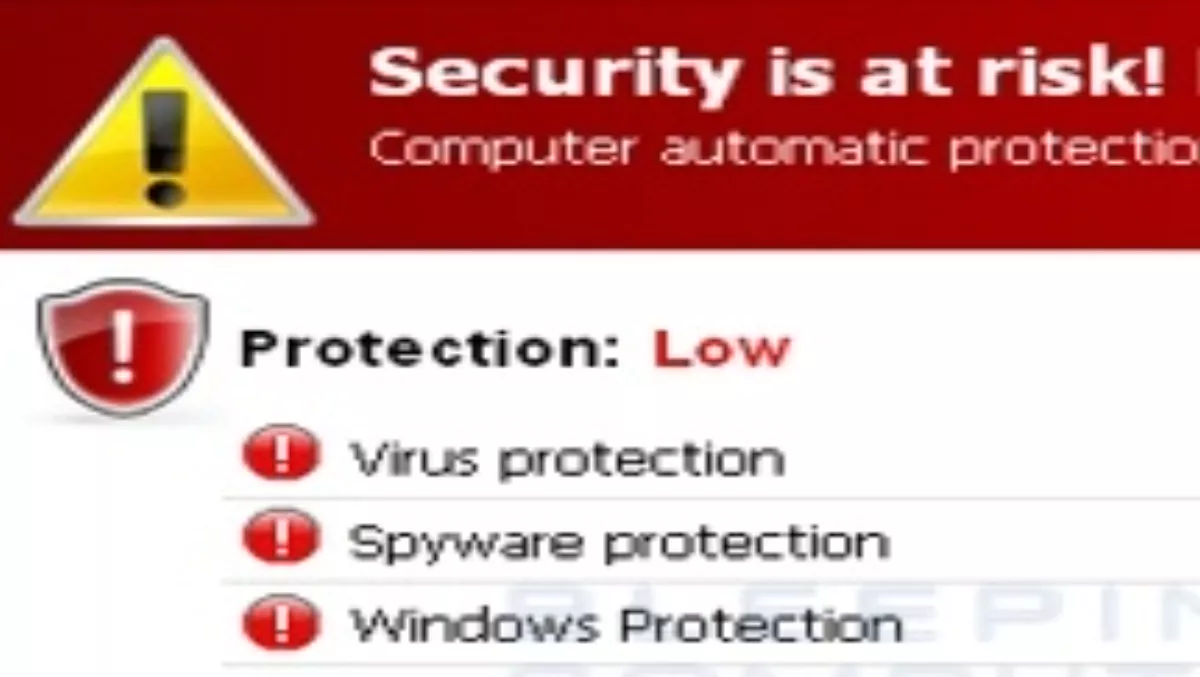
Govt to form special anti-scam group
Consumer Affairs Minister Chris Tremain has announced the formation of a special cross-agency group to help raise awareness of online scams among New Zealand consumers.
Making the announcement at the beginning of the Ministry’s Fraud Awareness Week, Tremain says the group will be chaired by the Ministry and supported by NetSafe and the anti-spam compliance unit of the Department of Internal Affairs.
"One in 10 New Zealanders approached by scammers will hand over money,” Tremain says, "with the average victim losing almost $5000.
"The internet is making it even easier for fraudsters to deceive people through online fraud like dating and investment scams. Awareness needs to be raised to help people recognise scams before it is too late.”
Figures from the Ministry and NetSafe indicate that computer virus cold-calling scams were the most commonly reported last year, although dating and romance scams netted the most cash.
This is the fourth Fraud Awareness Week, with many organisations including NetSafe and the New Zealand Bankers' Association taking the opportunity to offer tips to help people avoid being scammed.
TechDay spoke to Symantec APAC consumer product marketing manager David Hall, who says that a little bit of information goes a long way in the fight against online fraud.
"Scammers will follow the money,” Hall says.
"Wherever it’s most profitable, that’s where they’ll target.”
A popular scam at the moment continues to be the Microsoft support scam, in which a scammer will call the victim saying they are from Microsoft’s support team and that the victim’s computer has been infected with a virus.
"It preys on people who aren’t confident they’re using good security,” Hall says.
Smartphones are also an increasingly popular avenue, as the devices start to control more and more of their users’ lives.
Hall says awareness of scams is growing, but it’s taking a long time for the message to sink in, and scammers are always working out new ways to try and trick people.
"It’s a big ship to turn,” Hall says.
"Education takes a long time, then once consumers have enough resistance to one scam, the scammers have moved on to the next one.”
As for the ever-popular Advanced Fee Fraud, also known as the ‘Nigerian’ scam, Hall says the simple advice is that if an offer looks too good to be true, it probably is.
"There’s no such thing as a free lunch.”
Go here for more info on Fraud Awareness Week 2012.

